Filter by
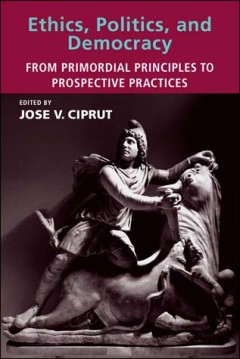
Ethics, Politics, and Democracy: From Primordial Principles to Prospective Pr…
Interdisciplinary discussion of the normative underpinnings of political governance from Ancient Mesopotamia to modern AmericaThis volume examines continuities and change in the normative underpinnings of both ancient and modern practices of political governance, public duties, private virtues, and personal responsibilities. As such, it stands at the cross-disciplinary intersection between the …
- Edition
- -
- ISBN/ISSN
- 9780262270397
- Collation
- 1 online resource (xvii, 357 pages)
- Series Title
- -
- Call Number
- -
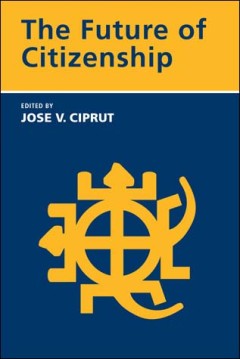
The Future of Citizenship
Contributors from a range of disciplines discuss the evolving meaning of citizenship, and the possible future of a global "citizenship by voluntary association."The ongoing expansion in the field of citizenship studies is one of the most important and remarkable recent trends in social sciences and humanities research. Some scholars raise questions about citizenship within a larger critique of …
- Edition
- -
- ISBN/ISSN
- 9780262270380
- Collation
- 1 online resource (xiii, 385 pages)
- Series Title
- -
- Call Number
- -
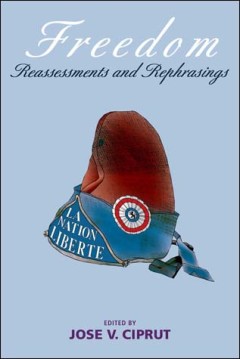
Freedom: Reassessments and Rephrasings
New interdisciplinary perspectives on the theory and practice of freedom, with field-specific studies.Some philosophers conceive freedom as a state; others view it as an ideal. A songwriter sees it as a way of life: "Like a bird on a wire, like a drunk in a midnight choir, I have tried in my way to be free." The embattled statesman and the political idealist perceive causal links among personal…
- Edition
- -
- ISBN/ISSN
- 9780262270373
- Collation
- 1 online resource (xv, 323 pages) :illustrations
- Series Title
- -
- Call Number
- -
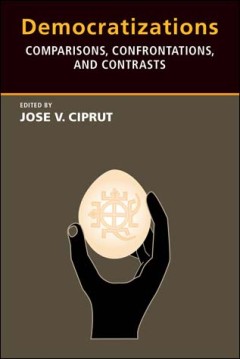
Democratizations: Comparisons, Confrontations, and Contrasts
A cross-disciplinary examination of democratization, as seen in different attempts at it across the globe.Democracy is not in steady state and democratizations are open-ended processes; they depend on structures and functions in systemic contexts that idiosyncratically evolve in tone, tenor, direction, and pace. They affect and are affected by scores of determinants, both perceived and hypothet…
- Edition
- -
- ISBN/ISSN
- 9780262270366
- Collation
- 1 online resource (xiii, 368 pages)
- Series Title
- -
- Call Number
- -
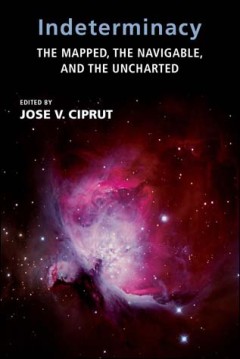
Indeterminacy: The Mapped, the Navigable, and the Uncharted
Interdisciplinary perspectives on the concepts of indeterminacy and indeterminability and the distinctions between the two.Formal thinking about certainty/uncertainty gained greater focus in scientific domains with the advent of particle physics and quantum mechanics. Concern with the exact predictability of events under guidance from scientific determinism led to speculation, then acknowledgem…
- Edition
- -
- ISBN/ISSN
- 9780262270359
- Collation
- 1 online resource (xv, 383 pages) :illustrations, music
- Series Title
- -
- Call Number
- -
 Computer Science, Information & General Works
Computer Science, Information & General Works  Philosophy & Psychology
Philosophy & Psychology  Religion
Religion  Social Sciences
Social Sciences  Language
Language  Pure Science
Pure Science  Applied Sciences
Applied Sciences  Art & Recreation
Art & Recreation  Literature
Literature  History & Geography
History & Geography